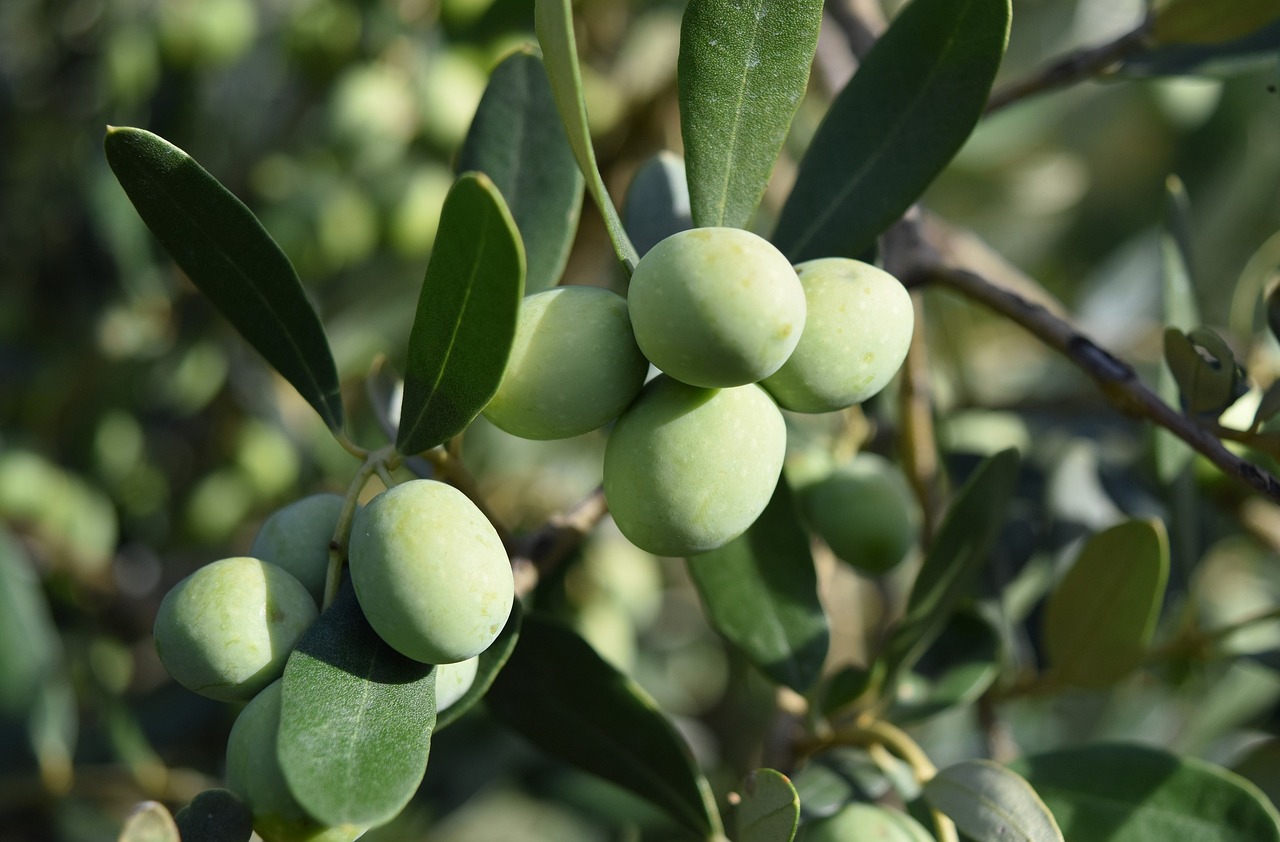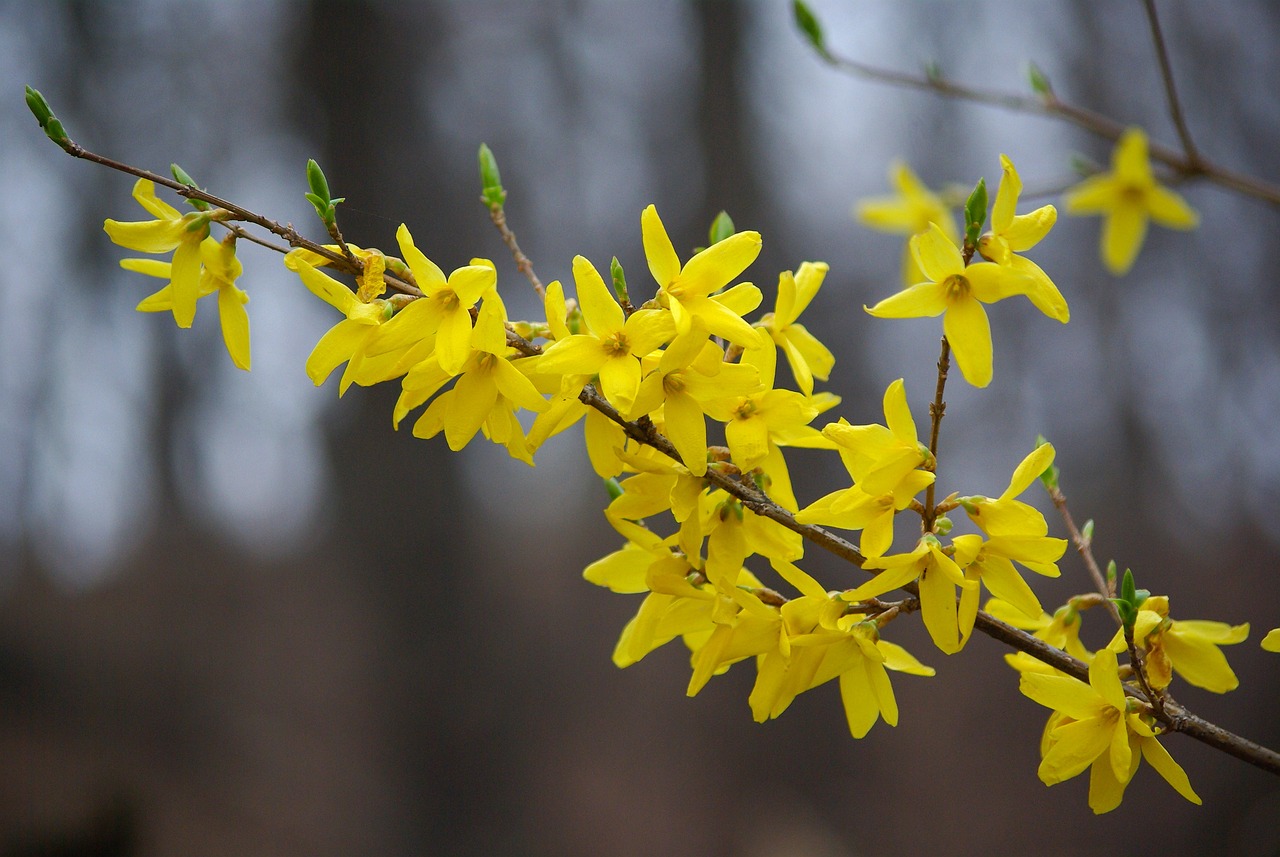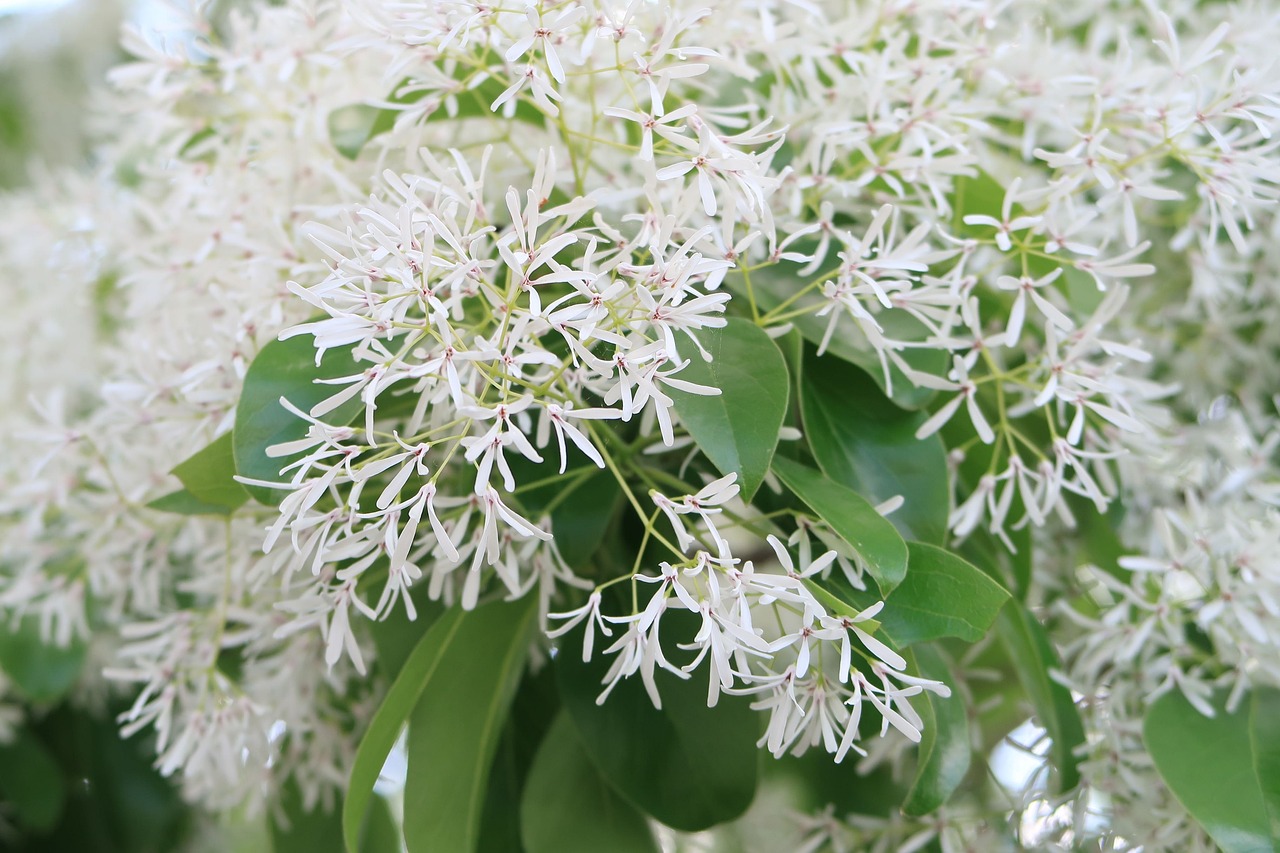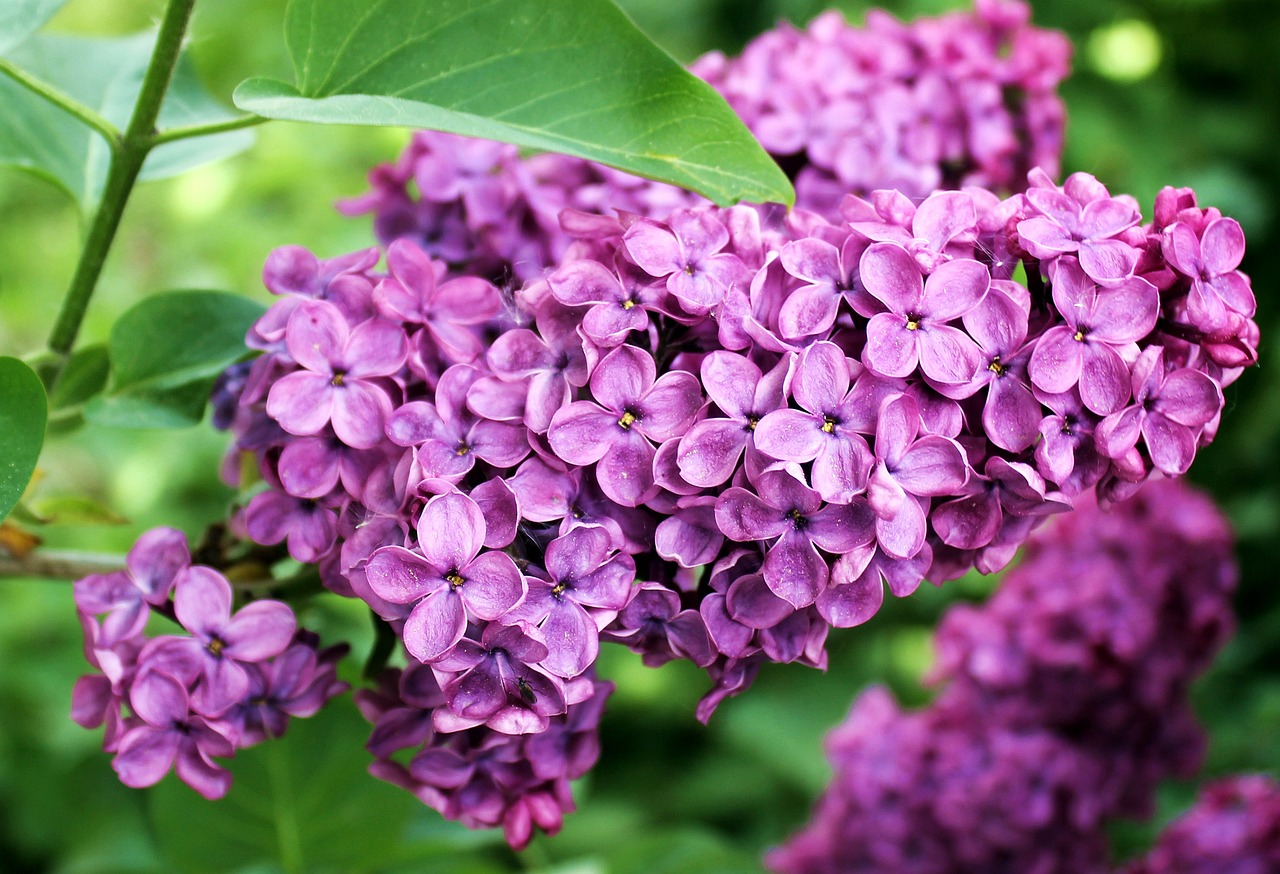Olive: Features and Care

The olive is a symbol of the Mediterranean, known for its beautiful silver-green leaves and fruit. It has been cherished by people from ancient times to the present and is also popular as a garden plant.
In this article, I will explore the basic information about olives, their role in modern culture, historical significance, and tips for growing them.
Basic Information
- Scientific name: Olea europaea
- Family: Oleaceae
- Origin: Mediterranean coast, North Africa, the Middle East
- Appearance: Olives are evergreen trees that grow to a height of 5 to 10 meters. They have slender, silver-green leaves and small, fragrant white flowers. The mature fruit changes color from green to black and is famous for being the source of olive oil.
- Blooming season: Small white flowers bloom from spring to early summer (May to June).
Cultural Significance Around the World

In modern times, olives continue to hold cultural significance, especially in the Mediterranean region. In Italy, Spain, and Greece, olive trees symbolize peace and prosperity and are planted in public spaces and private gardens. Olive branches have traditionally been used to celebrate sports victories, and even today, the olive branch is a symbol of peace in the Olympic Games.
Olive oil remains a staple in cuisines worldwide and plays a key role in the Mediterranean diet, which is celebrated for its health benefits. In recent years, there has been a growing global appreciation for olive oil, with numerous innovative culinary uses. Additionally, olive trees are increasingly incorporated into landscape and garden designs, adding a touch of Mediterranean charm to modern living spaces.
In the United States and Japan, olives are widely recognized as a symbol of healthy eating. In California, olive farms have expanded, and local olive products are gaining popularity. In Japan, the island of Shodoshima is famous for its olive cultivation, and the region has become a destination for olive-related tourism and products.
Historical Episodes
Olives have played a crucial role since ancient times, with their cultivation dating back to around 4000 BCE. In ancient Greece, olives were considered sacred, and the goddess Athena was believed to have given the olive tree to the people of Athens. Olive branches symbolized “peace” and “victory,” and winners of the ancient Olympic Games were crowned with olive wreaths.
During the Roman Empire, olive oil was a highly valued trade commodity and was referred to as “liquid gold.” It was used not only in cooking but also in lighting, religious rituals, and even skincare. The Romans spread olive cultivation throughout their empire, establishing it as a cornerstone of Mediterranean agriculture.
Olives are also mentioned in the Bible. In the story of Noah’s Ark, a dove carrying an olive leaf back to the ark signified the end of the great flood and symbolized peace and reconciliation. Throughout history, olives have been a symbol of endurance, prosperity, and harmony.
Gardening Advice

Olives are relatively easy to care for, making them a great choice for home gardeners. They thrive in full sun and well-ventilated areas. If grown in pots, place them where they can get as much sunlight as possible. The ideal soil for olives is well-draining, sandy soil. Watering should be done sparingly, allowing the soil to dry out between waterings, as olives are drought-tolerant and prone to root rot if overwatered.
Pruning is essential to maintain the tree’s shape and promote healthy growth. It is best done in early spring or autumn, ensuring good air circulation. Applying slow-release fertilizer once a year in the spring can help support the tree’s health. In colder climates, bring potted olive trees indoors during the winter to protect them from frost.
Conclusion
The olive is a plant that combines deep cultural symbolism with practical uses. Its elegant appearance makes it an attractive addition to any garden or balcony, and it is relatively easy to grow, even for beginners.
Consider adding an olive to your space and enjoy the natural beauty and Mediterranean charm it brings.



